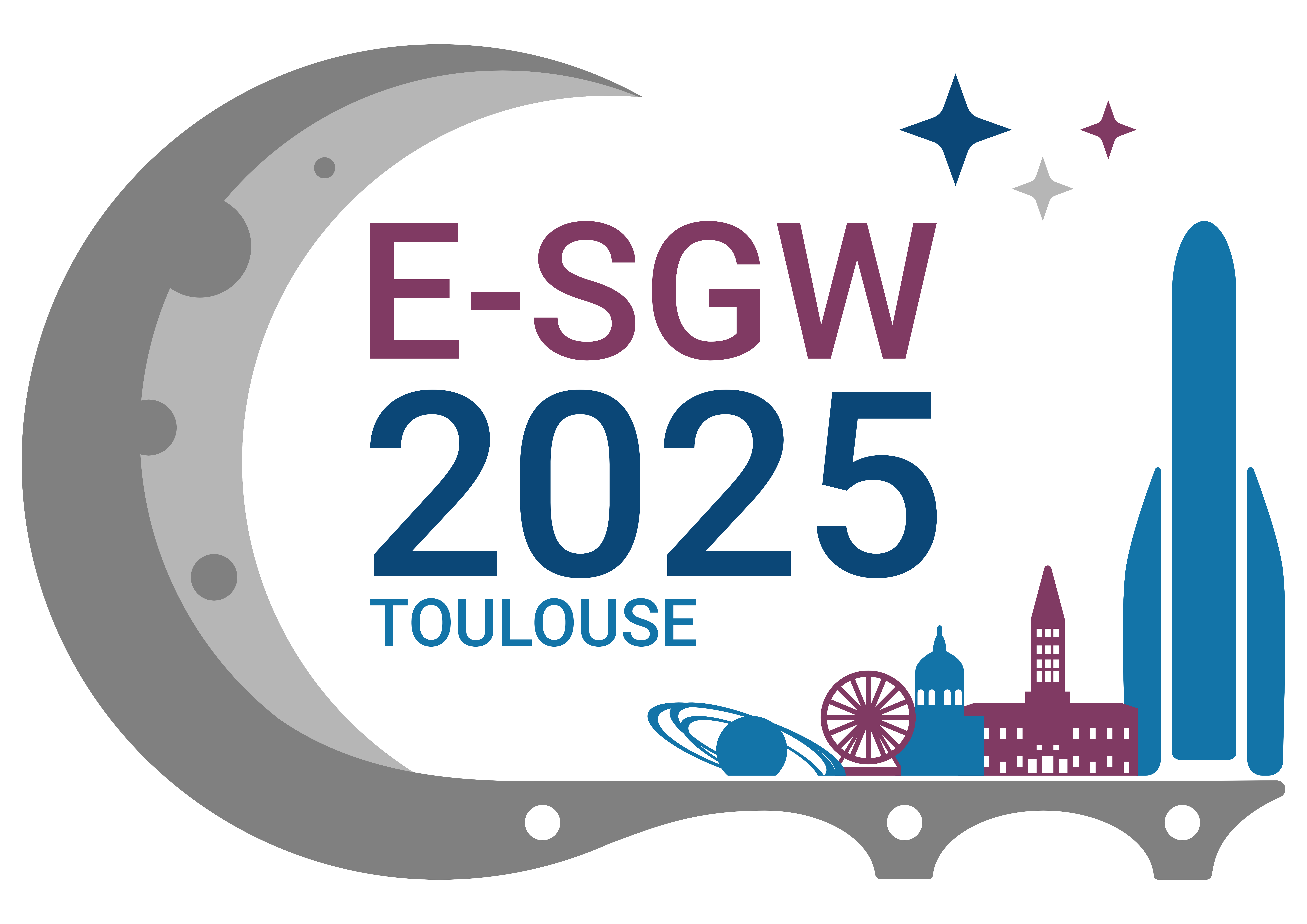The ME-SGW is organized around four different working groups within which the delegates will discuss about a given topic and provide a summary of recommendations through an oral presentation concluding the workshop.
CubeSats are gaining attention from countries around the world and the Middle East market is not an exception. This working group aims to discuss the applications of CubeSats that might be benefiting the ongoing challenges of countries in the Middle East. Due to its low cost, CubeSats are a great capacity building projects for space missions design in general. The following points can be discussed during the workshop:
- Current CubeSat missions in the region, and how they are important;
- Drawbacks of CubeSats;
- Applications in the Middle East like Remote Sensing, Communications and GIS;
- CubeSats as a capacity building space project;
- Legal Arrangements and Challenges Concerning CubeSats such as Registration, State Responsibility, State Liability, Space Debris and Debris Mitigation, Radio Frequency Management and Insurance issues.
Accessing space provides practical and valuable information to all humankind. States benefit directly from the satellite technologies provided by private and public organizations. To assure the long-term sustainability of outer space and most benefits of space technologies to mankind, every member of the international community must work together. This working group aims to discuss regional cooperation in the Middle East to support the growth of technology and infrastructure by sharing costs and resources that promote space activities.
- Resources and capabilities available in the Middle East;
- Capacity Building;
- International Partnerships;
- Barriers and Legal Challenges.
The Moon is considered as a logical step to take for creating a human settlement in space before directly going Mars. Establishing a Moon base in a unique environment provides testing new technologies concepts, and new research areas. Since this workshop is supposed to be the first one in the Middle East and given the fact that there is still much progress to be made for the most countries located in this region, it is of crucial importance to start raising awareness of the so-called “most important feat of all time” and the following Moon Missions. This working group therefore aims to first give an overall view on space missions so far through the introduction of importance of Moon Missions in discovering space and then to create room for further discussions on different aspects of space such as business, policy, engineering, procurement and legal challenges. An answer will be sought to the questions of “how could the Middle East countries address to these issues and how could such countries ever be able to compete with other spacefaring countries?”
- New Governance of Space for 21st and 22nd century space settlements;
- Intellectual Property on a Lunar or Martian Base;
- Robotic Village and Human Base;
- Middle East Role on Moon Missions.
Space Capacity building involving space education and training is an important aspect of almost all Middle Eastern countries. Different capacity building program models were adapted. Some countries have already created space human capital, while other countries are still on the process. This workshop tries to identify and categories the different capacity building models. This means that the workshop will involve discussions about different models in a comparative manner to come up with lessons learned. These lessons learned should be important for countries already involved the space sector as well as, important to space – aspiring countries in the Middle East. Topics may involve the following:
- Examples of capacity building programs in the Middle East Region;
- Identify comparative parameters to assess capacity building models;
- Lessons learned for future capacity building programs.



